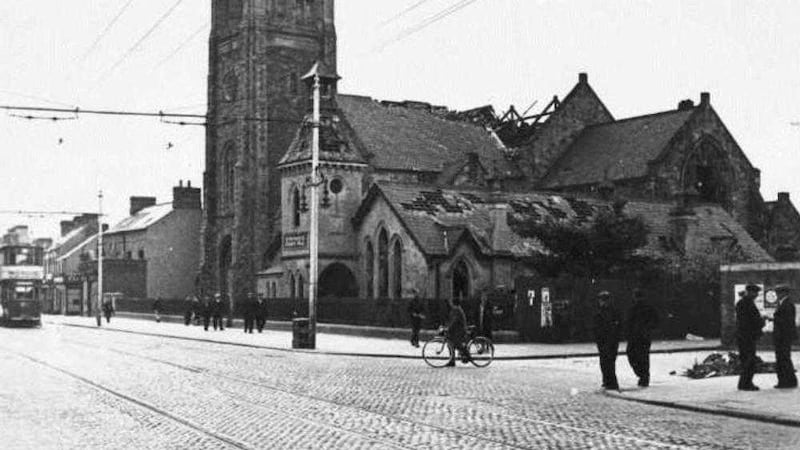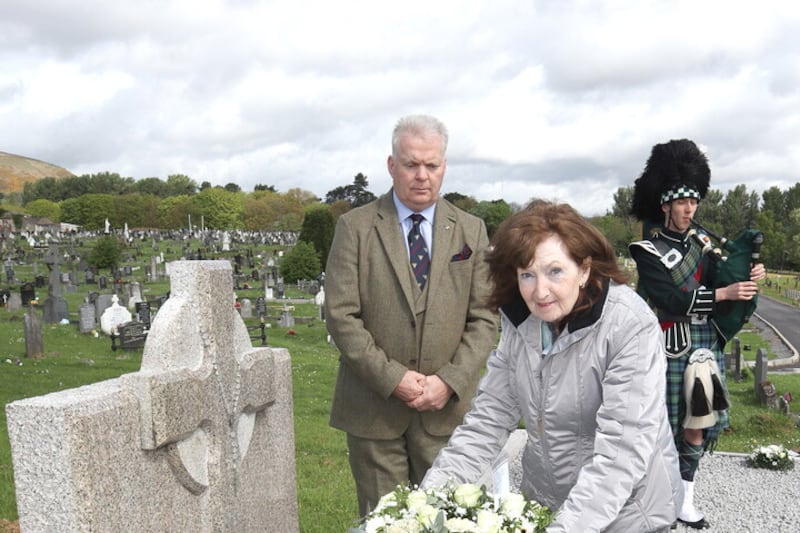PREVIOUSLY unpublished photographs showing the devastating impact of the German air raids on Belfast are contained in a new book about the blitz.
The publication also contains, for the first time, the full list of civilian dead - almost 900 names - who died in the wartime air raids on the city.
The Belfast Blitz - The City in the War Years looks back on one of the most devastating periods in Belfast's history, which killed more than 1,000 people including military casualties, in raids on four separate nights in April and May 1941.
Written by historian Brian Barton, the 650-page paperback will serve as a timely memorial, on the 75th anniversary next year.
Dr Barton spent around seven years working on the book, interviewing more than 80 people and drawing on documentary material from archive centres in Ireland, UK, Germany and Israel.
He said he believes it is a "definitive account of the blitz".
It examines Belfast's preparations for aerial attack and examines the reasons why it was ill-prepared - largely due to decisions taken in London.
It covers the attacks on Derry, Bangor, Newtownards and the bombing of Dublin in May 1941.
The book also examines the impact of the blitz on public morale, on north/south and Stormont/Westminster relations.
It considers the evidence as to whether the Dublin bombing was an act of German retaliation for Ireland's perceived breaches of wartime neutrality.
It also examines the IRA's role and attitudes in wartime and how the IRA threat influenced the distribution of Belfast's active defences.
The book includes the list of almost 900 civilian casualties, compiled by the Commonwealth War Graves Commission.
Mr Barton said: "What first impelled me to write about the Belfast blitz was the fact that virtually no research had been conducted into it – its details were little known, even though there was a vast amount of material available on it.
"When people thought about the blitz, they thought about London or Coventry, not Belfast. Even now it is not adequately commemorated."
He added that he would "dearly love to see a permanent memorial erected to the victims of the Belfast blitz at the City Hall hopefully next year, 2016, on its 75th anniversary".
"The memorial would be in remembrance of the over 1,000 civilians and military personnel who lost their lives as a result of the Belfast blitz," he said.
The book, published by the Ulster Historical Foundation, is on sale for £19.99.








